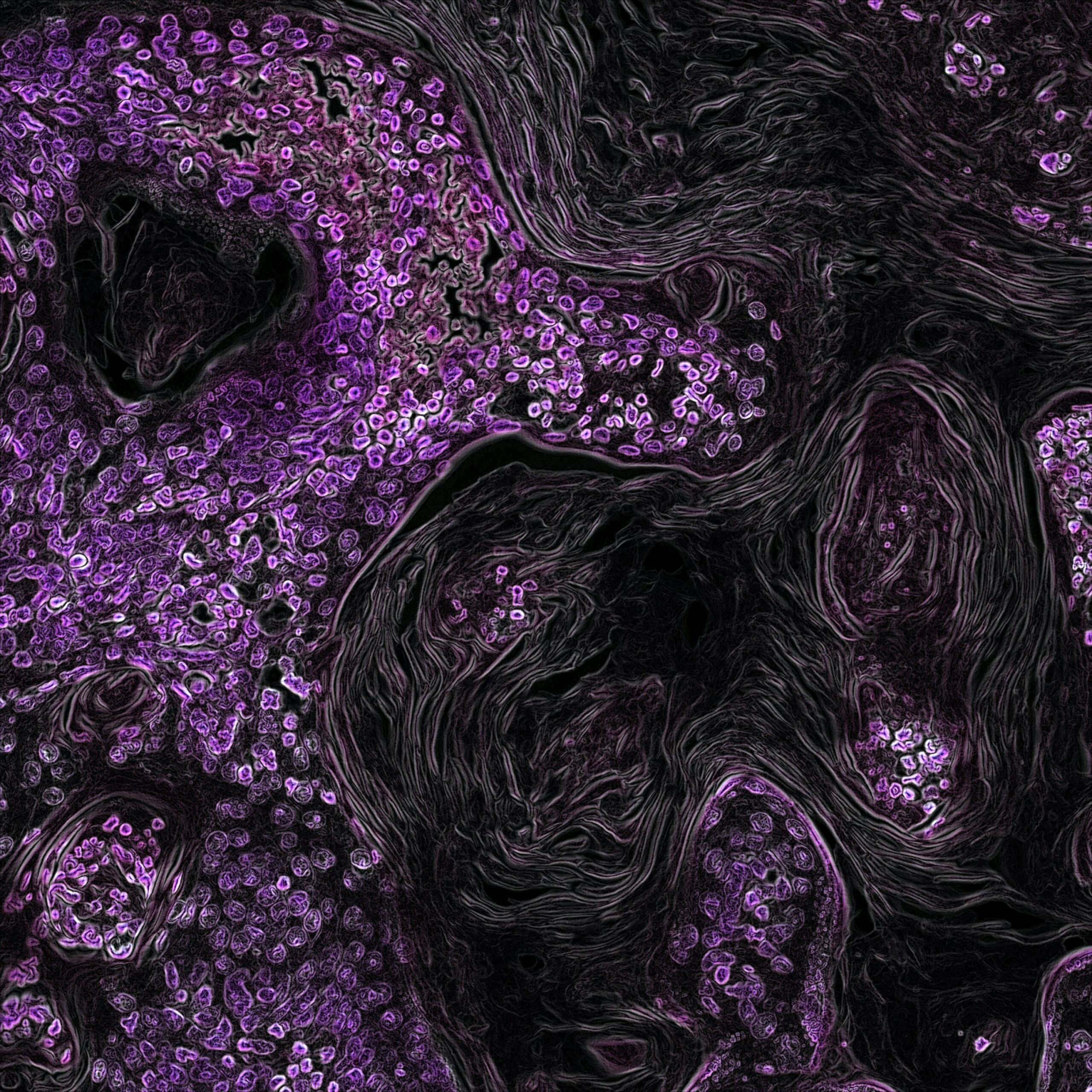Cell & Gene Therapy: Safety and Clinical Activity in Patients with Relapsed or Refractory Diffuse Large B Cell Lymphoma
Case study
Cell and gene therapy trials can present a multitude of challenges. Aixial Group experts employ real time insights and hands-on management to expedite dosing escalation reviews, ensure proactive management of IP, and provide enhanced site support.
See how it’s done by checking out this case study: Aixial Group CellGene Therapy Case Study_Safety and Clinical Activity in Patients with Relapsed or Refractory Diffuse Large B Cell Lymphoma
Trial Summary
Phase I/II, Single-Arm, Open-Label, Multi-Centre Study Evaluating the Safety and Clinical Activity of [IP], a CAR T Cell Treatment in Patients with Relapsed or Refractory Diffuse Large B Cell Lymphoma
Design
- 3+3 escalation to expansion
- Escalation: up to 30 patients
- Expansion: up to 101 patients
Product: Autologus T Cell product transduced to express [x] CAR
Sites: 6 UK and 7 US
Dates: 2017 to Present
Successes
- Strong LCRA and CRAs better suited to manage sites via data/performance/risk metric visibility in encapsia
- Bespoke site support via tailored site visits frequency, knowledge on IP and study as well as CRA availability to site
- The site and patient engagement have been good. Rare screen fails
- Minimal time to dose-escalation review and decisions supported by encapsia exports and insights

Figure 1 Real time, customizable results over time insights facilitate ongoing safety oversight

Figure 2. Real time AE/CM activity vs dosing visibility to support dosing level decisions
Challenges with Mitigations
- IP distribution by couriers mitigated by ID of new courier with clear expectations
- Manufacturing slots are prime, even within Sponsor facilities. Slot management is addressed at every team meeting and managed proactively. Transparency with site from beginning of the study
- Challenges with keeping site support high mitigated by an increase in logistics management for samples
Reach out to us at info@aixial.com
Other insightful resources




![Safety, Preliminary Efficacy and Pharmacokinetics of [IP] in Metastatic Castrate Resistant Prostate Cancer](/wp-content/uploads/2024/11/70144-iStock-1180568434.jpg)


